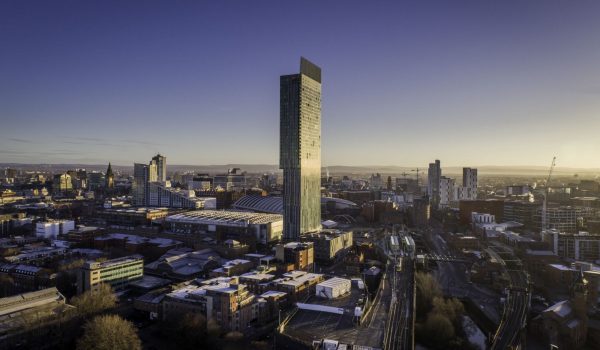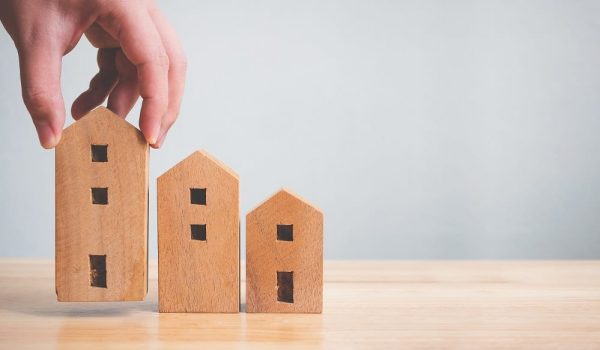When it comes to capital growth, property can be a fabulous means of accumulating wealth – certainly much more so than investing in stocks and shares as research over the decades has proved time and time again…
Property is also much more reliable than investing in the stock market – although there have been occasions where we’ve seen negative equity here in the UK (but this was on property whose prices were already very over-inflated prior to a recession). The market usually has a way of ‘balancing’ over-inflated prices – as we’re witnessing right now in London and the South East.
So, how can you tell what the capital growth prospects are of a particular property? Well, the following are certainly good indicators to look out for:
It’s in a property hotspot
Sitting in a hotspot is practically always an indicator that your property is going to shoot up in value over the coming year. The ‘hotspot’ status could be due to the fact the apartment or house is sitting in a regeneration area, or is a location which is becoming fashionable due to lots of private investment in the high street i.e. new cafes and restaurants opening up or improved infrastructure (certainly, Crossrail has boosted house prices in a number of previously ‘average’ London boroughs). Even a school with impressively improving Ofsted results can lead to a ‘previously unnoticed’ area becoming desirable.
No growth in recent years
This could mean, provided the area isn’t full of social tenants – that there’s room for price growth. In an area where prices are escalating, on the other hand, there’s only way to go when it reaches its peak – and that’s down.
You’ve bought it in a rundown state
Buying a property that needs a lot of refurbishment means you can add value to it. Just don’t go overboard with the refurbishment; keep an eye on expenses and make sure the colour scheme is neutral. If it’s a company let for executives, or you’re looking for high-end tenants, then yes, go for quality fittings. Otherwise, keep it nice but basic.
Shortage of properties for sale
If properties come up infrequently in the area, then you’ll know people like living there and don’t want to move. That’s a very good sign that capital growth will be good. You can also look at how long a property is on the market for when it does go on sale. If it’s shorter than average for the town/city, then hone in on the area and make sure you get the next property that comes up.
You’ve bought a house
Why is it better to buy a house than a flat? Several reasons, really. For starters, more apartments are being built, making a house more of a rarity (which means it’ll be more in demand as the situation continues). Another reason is you can add to it in the future e.g. an extension, loft conversion etc. which will increase its value. Thirdly, you won’t have any costly management fees to pay as you would with an apartment, and finally, flats are always leasehold properties, and not as valuable as a freehold, in capital appreciation terms.



